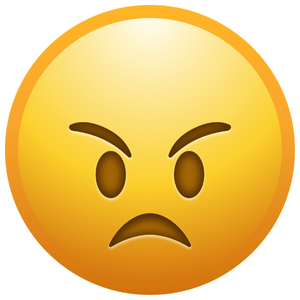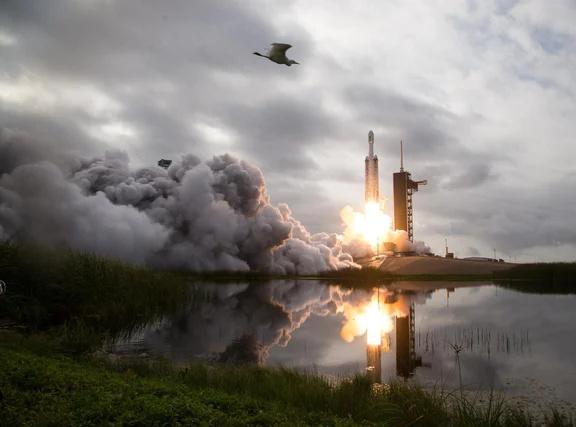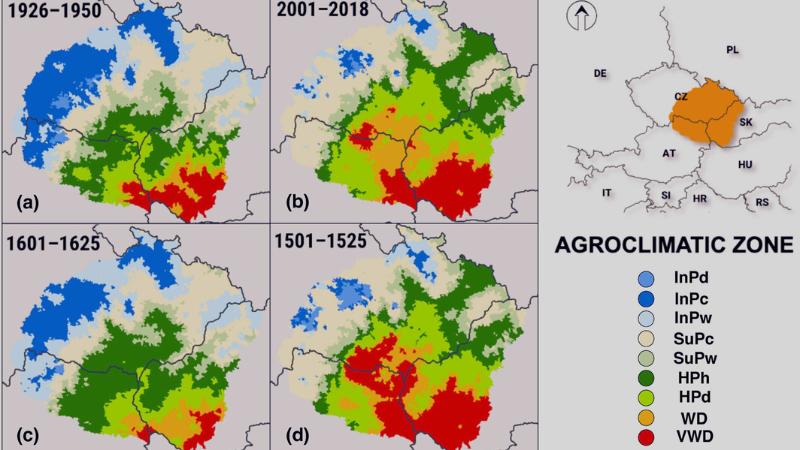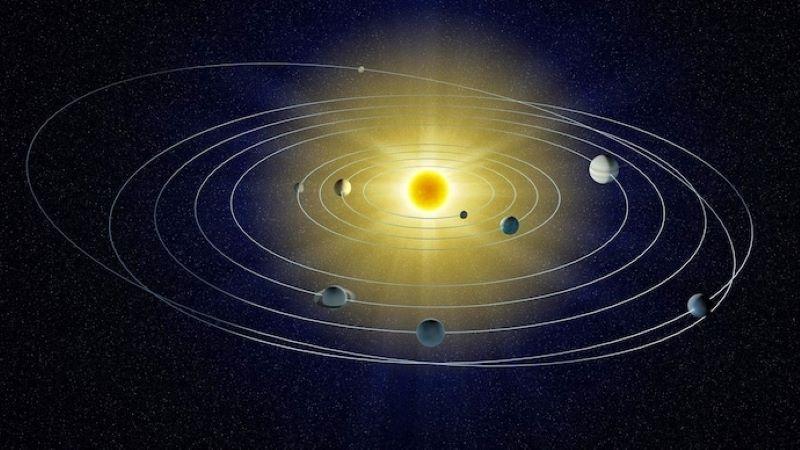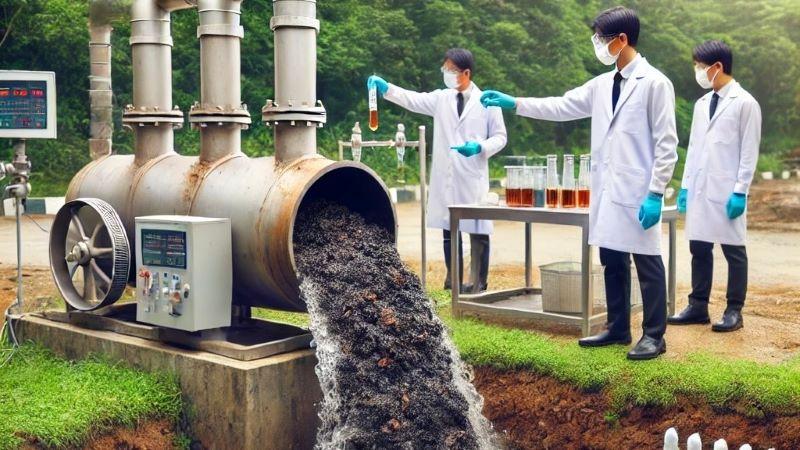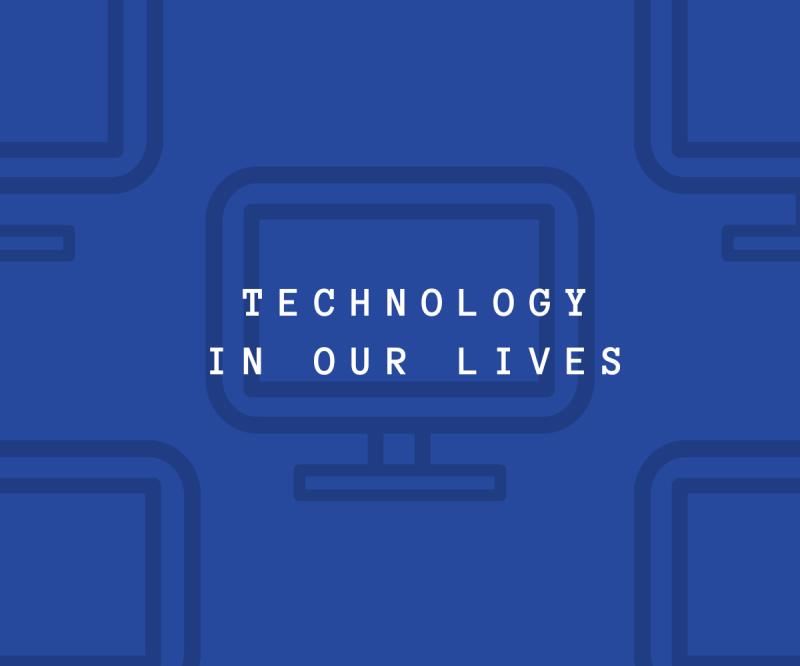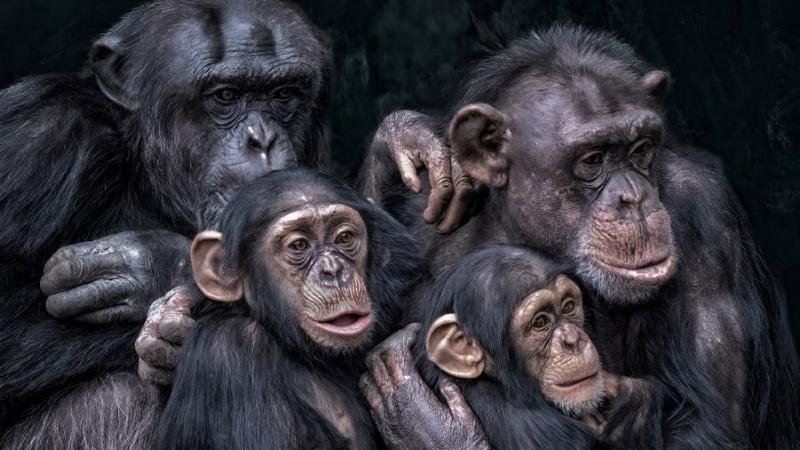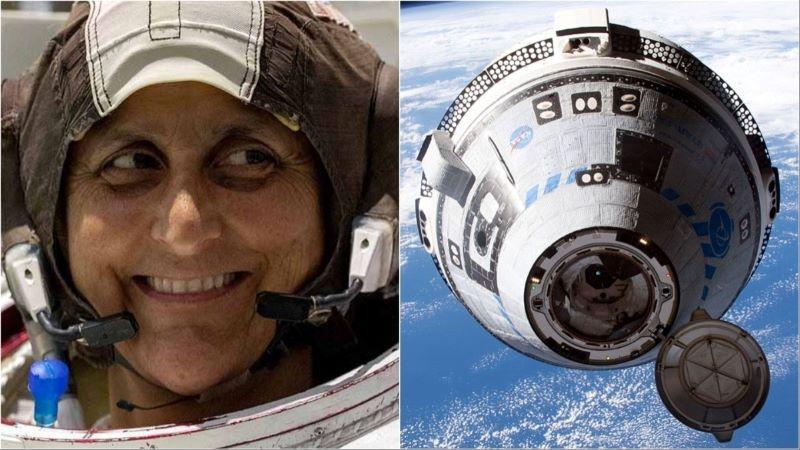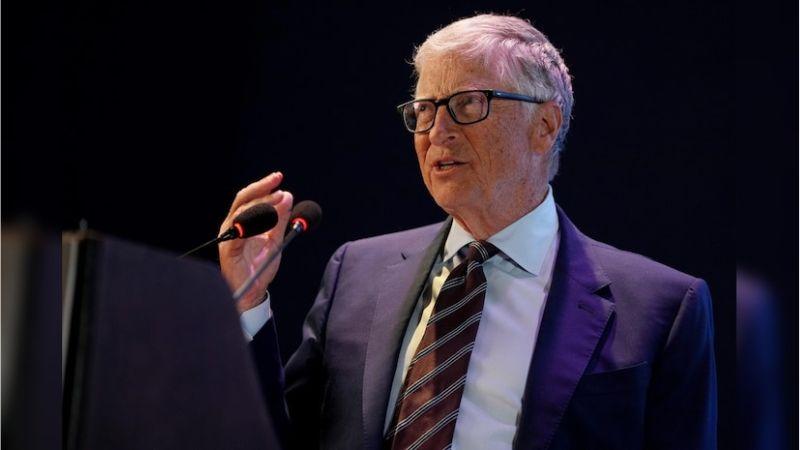
- devara
- 28 Mar 2025 04:34 AM
- #Internet & Technology #BillGates #AIJobs #ArtificialIntelligence #SafeJobs #FutureOfWork
As artificial intelligence rapidly reshapes the future of work, many professionals are left wondering which jobs will survive the wave of automation. From AI-generated images in Studio Ghibli style to advanced tools like ChatGPT creating text and visuals, it’s no surprise that the creative and tech industries have started expressing concern. The question is no longer whether AI will impact jobs, but how soon and to what extent. Amid these discussions, tech visionary and Microsoft co-founder Bill Gates offered some insights during a recent appearance on The Tonight Show Starring Jimmy Fallon. In the interview, Gates discussed AI's future and its influence on employment, naming three specific professions that he believes remain safe—for now: coders, biologists, and energy professionals.
AI's Rapid Rise and Its Looming Impact on Jobs
Since the public introduction of ChatGPT in 2022, the AI industry has seen unprecedented growth. Capable of writing essays, generating artwork, and even coding, AI tools have brought convenience but also anxiety to the workforce. Hollywood’s ongoing battle against the use of AI in film production is a testament to the deep-rooted concerns in creative sectors. Artists, writers, and musicians fear being replaced, while tech employees have also seen AI tools beginning to automate certain repetitive tasks.
Gates acknowledged the growing dominance of AI, saying, "Years down the line, AI will take over for sure." However, he emphasized that current AI systems still depend heavily on human input and expertise. “At present, expertise remains rare,” Gates said, citing fields such as medicine and education. He predicted that high-quality medical advice and tutoring will become more widely accessible, even free, thanks to AI within the next decade. Still, he believes that humans will always reserve certain activities for themselves — like watching sports played by people rather than robots. “There will be some things we reserve for ourselves,” Gates stated, adding that while AI may eventually manage manufacturing, logistics, and agriculture, other fields will continue to demand a human touch.
Why Coders, Biologists, and Energy Professionals Are Hard to Replace
While much of the workforce feels increasingly replaceable, Gates singled out three roles that he sees as resilient in the face of AI disruption.
Coders:
Despite the fact that tools like GitHub Copilot and ChatGPT can write code, Gates stressed that AI lacks the adaptability, problem-solving capability, and contextual understanding necessary for high-level software development. AI-generated code often needs human review, debugging, and refinement. Coders are also critical in developing and maintaining AI systems, making their role not only relevant but essential. Gates pointed out that AI may generate the first draft, but it’s up to the human coder to optimize and ensure its functionality in complex systems.
Biologists:
In scientific research, particularly biology, Gates noted that AI can analyze data but falls short in creating new theories or designing experiments. Biological systems are highly complex and require intuitive leaps that current AI can't make. “AI doesn’t know how to ask the next big question,” Gates observed. The field of biology continues to depend on human curiosity, pattern recognition, and hypothesis-driven research, all of which are difficult to replicate through automation.
Energy Professionals:
Gates, who has heavily invested in clean energy solutions through Breakthrough Energy, underlined that the energy sector is another area where human expertise is irreplaceable. While AI can improve grid efficiency and predict demand, critical decisions in crisis management, sustainability planning, and system integration still rely on human judgment. Especially in high-stakes environments such as nuclear energy or renewable infrastructure development, experienced professionals remain vital. Gates also touched on the broader societal implications of AI's rise, suggesting that humanity will eventually need to rethink the structure of work altogether. “Making things, moving things, and growing food — over time, those will be basically solved problems,” he said, hinting at a future where AI handles much of what we currently view as essential labor.
A Future With AI, But Not Without Us
Although Gates admitted that AI will dominate many sectors in the long term, his comments offered some reassurance to professionals in key industries. The demand for critical thinking, problem-solving, and human-centered judgment is likely to persist, especially in roles that involve unpredictable variables and moral decisions. His perspective serves as a reminder that while AI can mimic patterns and optimize existing systems, it cannot yet replicate the depth of human thought or innovation. The professions he highlighted—coding, biology, and energy—are not just about executing tasks but about understanding the world, shaping it, and solving complex problems. These are areas where the human mind still leads. For now, Gates' comments provide clarity and direction: develop skills that go beyond automation. The more irreplaceable your thinking, the safer your future in the age of AI.





